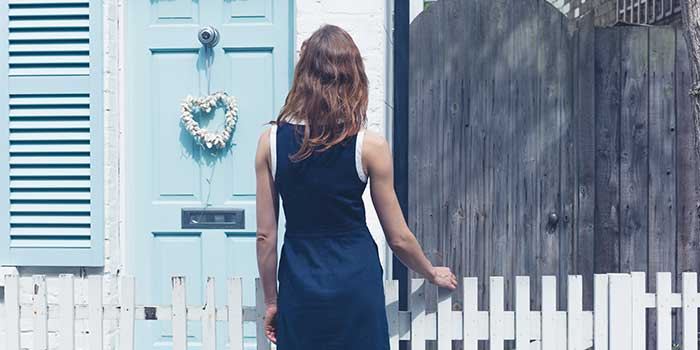Is Purchasing a New Home in Your Budget?
If you’re throwing your hard-earned money away on rent each month, putting that same amount towards your own home could be an incredible advantage. However, it’s also imperative to consider whether you can afford the costs associated with a mortgage, property insurance and potential repairs that might be necessary in the future.

Buying a starter home doesn’t have to feel like an overwhelming experience. Here are some things to think about that might help you make a more informed decision.
Evaluating Local Prices
It’s not uncommon for home prices to be unusually high in the majority of the United States but to be relatively low within a specific city. It can be tempting to move forward with purchasing a home even in the midst of spiking prices in an effort to ensure that prices won’t rise even higher. In some cases, higher market trends might be an indication that a downturn is within the near future. While the general rule of thumb for investing is to ‘buy low, sell high,’ forecasting the right timing to invest in the real estate market isn’t always as straightforward. The most efficient way to evaluate local housing prices is to consult with a local Realtor who has adequate experience. This is an important step that could help to safeguard your financial investment.
Assess Your Personal Goals
How long do you anticipate staying in your home? Do you have plans to relocate within the near future, or are you looking to settle down for a decade or longer? What goals do you have for your new home? If you’re planning on raising your family there, you should be relatively protected even during the midst of a fluctuating market. For example, even if interest rates spike a year after you’ve purchased a new home and it triggers a drop in demand, it most likely won’t have an adverse effect on your home’s equity if you’re planning to stay there indefinitely. On the flip side, if you decide to move a year after you’ve purchased and interest rates begin to soar, you could take a financial hit.
How Much of a Down Payment Can You Afford?
The majority of lenders require at least 20 percent of a down payment before they will approve your mortgage. If you can’t afford to put that much down, you might still be able to qualify for a PMI (private mortgage insurance) to make up the difference. PMI rates will be calculated by the lender you work with, but typically speaking, they cost anywhere from .05 percent to 1 percent of the entire loan amount.
In other words, not having the initial 20 percent of a down payment could cost you a significant amount of money over time. Think about the long-term effect it could have on your finances if you have a 30-year mortgage. If you’ve borrowed $100,000, and you’re being charged a 1 percent PMI, you’d be paying over $80 more per month.
The Bottom Line
The number of years that you plan to live in your home will make a significant impact on whether you might benefit more from renting for awhile or not. Determining whether it’s the right timing to buy might not have as much to do with the economy as it has to do with your personal goals and budget.
